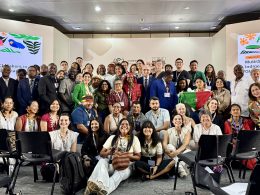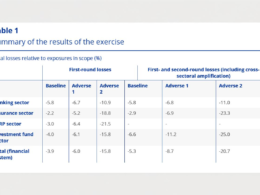The UN World Tourism Organization (UNWTO) and easyJet holidays have strengthened their collaboration as they work to create a pioneering Environmental, Social, and Governance (ESG) framework for the tourism sector.
According to the latest data from the UNWTO, international tourist arrivals have reached 96% of pre-pandemic levels, with full recovery expected by the end of the year. As the industry continues to grow, there is an urgent need to look beyond economic impacts and assess areas such as environmental sustainability, community engagement, and employee well-being. However, the sector lacks a standardised ESG reporting framework, making it challenging for tourism companies and stakeholders to measure and communicate their sustainability efforts and impacts effectively.
In response, the UNWTO, in collaboration with the University of Oxford’s SDG Impact Lab, has been developing the first unified ESG framework for tourism businesses. easyJet holidays, a founding partner of the initiative, is increasing its support to drive the project forward. This partnership will see easyJet holidays contribute to the research and development of the framework, pilot its implementation with companies globally, and engage stakeholders while raising awareness.
UN Tourism Secretary-General Zurab Pololikashvili said, “UN Tourism is proud to be working with easyJet holidays to address the vital need for a clear, consistent ESG Framework for our sector. As we rollout this out, such public-private collaboration plays a key role in scaling up our efforts to better understand and manage tourism’s impacts at every level.”
Garry Wilson, easyJet holidays’ Chief Executive Officer said, “We’re extremely proud to continue our partnership with UN Tourism, as a founding partner in developing the first consistent ESG framework for the tourism industry. We strongly believe in the power of collaboration, between the public and private sector, as an important and effective driver of achieving our Sustainable Development Goals.”
The development of the ESG framework is informed by extensive research, with contributions from nearly 600 tourism companies worldwide. This ensures the framework is relevant to the real-world challenges and opportunities within the sector.
Additionally, the ESG framework aligns with the UNWTO’s Statistical Framework for Measuring the Sustainability of Tourism (SF-MST), which was endorsed by all 193 UN Member States. By harmonising public and private sector data, the framework will provide a cohesive approach to measuring tourism sustainability at every level.





















